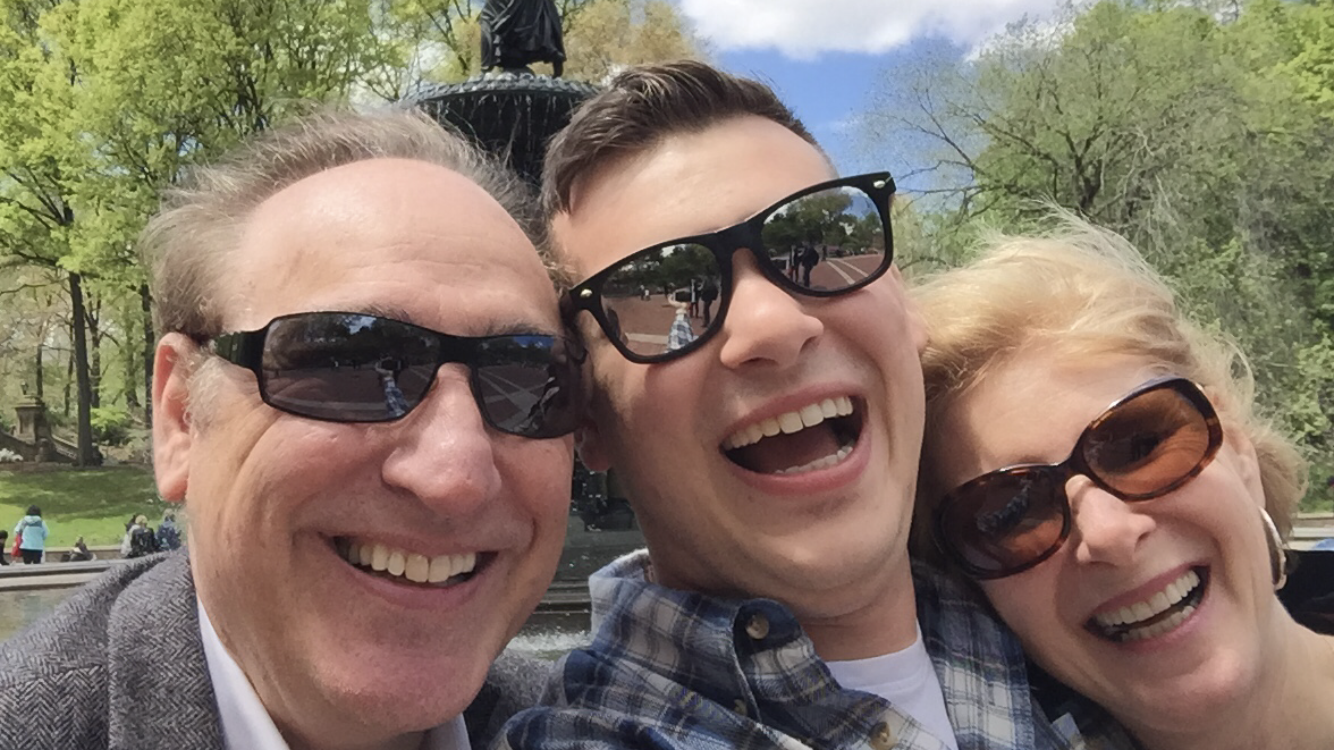Recently I attended the funeral of a dear man from my writing group. I knew Bob as someone who was passionate about specific moments in history. His most recent book about the Revolutionary War, would amaze us with the voices of young minutemen recounting battles from their hospital beds. I also experienced Bob as kindhearted, but it was his grandson’s eulogy that was a revelation.
Standing at a podium in his gray suit and studious looking glasses, the young man said, “I have such fond memories of tinkering with my grandfather. Yet the thing about him that changed me the most, was the way he listened to me.” Honestly, that statement alone took my breath away. I leaned in to listen more closely.
“When I was around 13 my grandfather started asking me what I wanted to do with my life. We’d be sitting outside his tool shed in the yard and he’d ask me questions. Then listen. I mean really listen. With his full attention. Then he’d probe what I was saying further. I felt so heard. I felt so cared for by him. And this wasn’t once, it was time and time again and again. The way my grandfather listened to me bonded us beyond words. And it made me the person I am today.”
Wow, I thought. What a grandfather Bob was, and what a testament to the value of deeply listening.
Why Become Aware of the Gift of Listening
Just like humor that I wrote about last month, listening is something we do as naturally as breathing. We’re human. People speak words to us, our ears hear the words, and our minds interpret them. But there’s something more. It’s also hearing with our hearts that matters. As the story of Bob and his grandson shows, listening fully to the people we care about can actually be life changing.
All of us just want to be heard. When someone listens to us with their full attention, we feel cared for and validated. Who of us doesn’t want that? It makes us feel recognized. It gives us the message that our thoughts matter. That we matter.
As with Bob’s grandson, talking through one’s dreams, concerns, issues, plans and more, helps the speaker gain clarity and direction. And what’s more, its bonding. The people in our life who deeply listen to us without judgment, with an open heart, are the people we trust and want to spend time with. So how do we become that kind of listener?
How to Listen Deeply
1. Listen to understand, not fix.
Training as a life coach has helped me tremendously to hone my skills as a listener. The very first thing we learned was not to be a “fixer.” What that means is that when other people unload their thoughts and feelings to us about something they’re having difficulty with they don’t want us to give them a solution. Most of us assume when someone shares a problem with us our role is to give them a solution. NO! As one of my clients clearly stated about what she wanted when she was speaking to her husband, “I just want him to listen and show me that he understands what I’m feeling. He is telling me solutions. I don’t want solutions, I want to be heard.”
2. Empathize, summarize or paraphrase what they said to show you understand.
As my client said, she just really wanted to know her husband understood her feelings. Something like, “I can understand why you’re feeling so stressed out.” Or paraphrasing like, “So you’re saying since your coworker got another job, you’ve been doing double duty and it’s just too much.” We all deal with so much in a day. Having someone hear and understand us is like peeling off a twenty-pound backpack.
3. Don’t hijack the conversation.
Do you ever tell someone about something going on in your life and then it becomes about them? Instead of listening to you, they spin out a whole story of how something similar happened to them. That’s hijacking the conversation. Stop yourself in your tracks if you see your own hijack bubbling to the surface!
4. Give your full nonjudgmental attention
This means looking into the other’s eyes or face and returning your focus to them each time it drifts. It’s about listening without interrupting. Giving your full attention activates your heart and intuition to understand the other person’s feelings, thoughts, and experience. Again, isn’t that what we want from others?
5. Be curious, ask questions to learn more.
What people really want is to come to their own answers. Each of us have the deep inner knowing of what is true for us and what are our next steps. We just need help accessing it. When we listen to someone trusting that they have their own answers, we will be curious to learn more. By asking questions as Bob did with his grandson, we help the other person uncover their own next steps. Deep listening is empowering for the speaker. And we can gain so much understanding of them and ourselves in the process. Most of what any of us struggle with is universal.
We have opportunities to listen throughout every day. Practice and intention enable us to grow and improve. Why not choose to begin improving with one of these listening skills!





